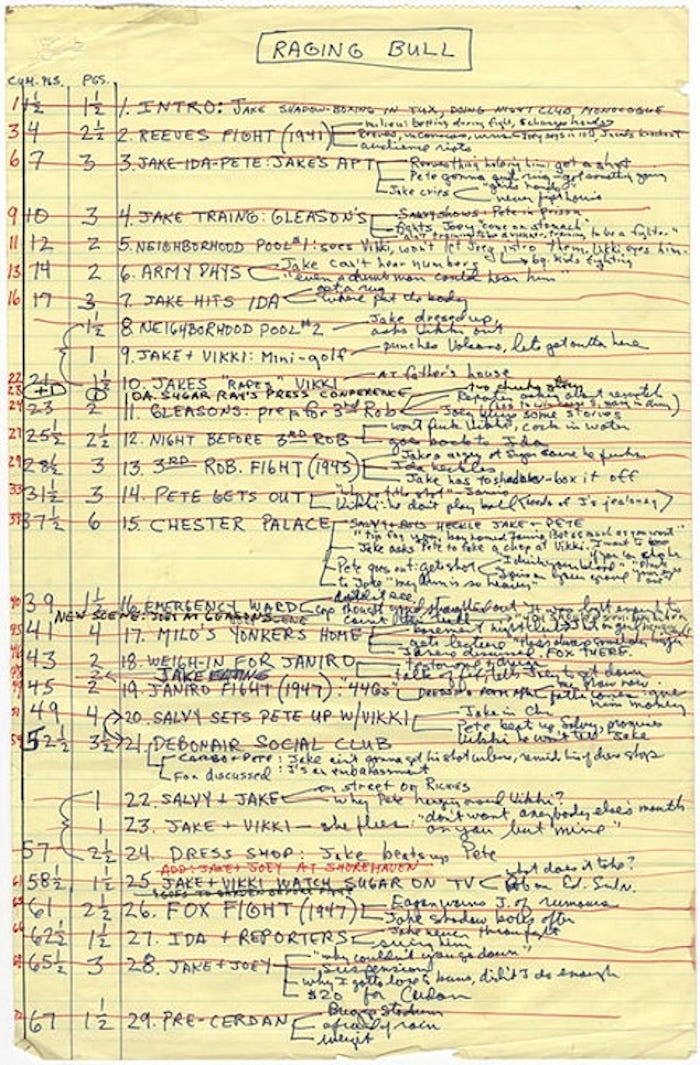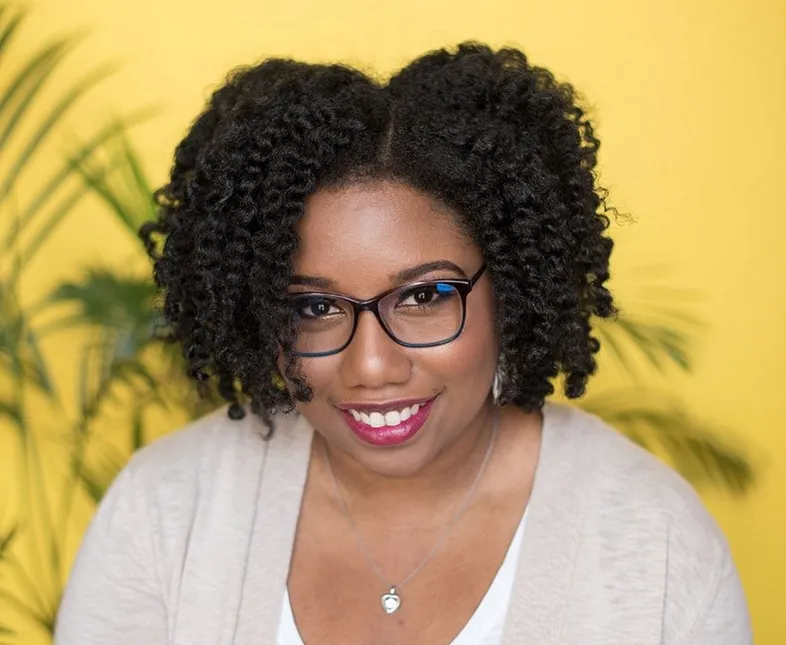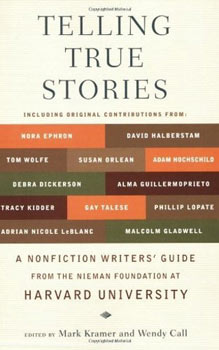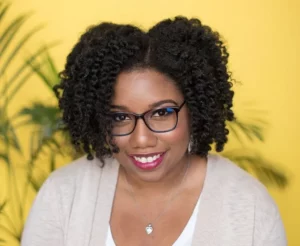
Unveiling the Secrets: How Thomas Berry Transformed Words into Awards and Millions of Pages Written
Ever wonder how some authors manage to pen seven books, snag literary awards, and still…
When a Woman Meets a Bot That Believes in Her: The Unexpected Journey That Could Change Everything
Ever wonder what it’s like to have a cheerleader who never boos your ideas, even…
Unveiling Earthly Spirits: The Haunting Poem by P.K. Deb That Will Shake Your Soul
Ever wonder what it’d be like if spirits—crafted by human hands—could fall head over heels…
Unlock Your Inner Storyteller: Brittney Morris Reveals the Secrets to Writing That Captivates
Ever wonder what it’s like to juggle the magic of storytelling with the pixel-driven world…
Unlocking the Hidden Depths: The Protagonist’s Journey Like You’ve Never Seen Before
Ever wondered why every great hero’s tale feels like it’s reaching deep inside you, scraping…
Unlock the Secret Copywriting Strategies That Will Skyrocket Your Income in 2025—Starting Today!
Can you actually still make good money as a copywriter in today’s AI-charged world? With…
Unveiling the Untold: The Super Bowl Poem That Will Change How You See Sunday Forever
Isn’t it curious how some gatherings masquerade as celebrations, yet leave us feeling more clogged…
Discover the Secret Botanical Beauty Transforming July 2025 Wallpapers Like Never Before!
Ever wonder how a splash of vibrant orchids could completely transform your digital vibe? Well,…
Unlock These 15 Unexpected Marketing Hacks to Skyrocket Your Small Business Growth (+ Free Checklist)
Ever wonder how some small businesses seem to explode onto the scene without a massive…
Unlock the Secret Formula to SEO Reports That Instantly Win Trust and Boost Budgets
Ever feel like your SEO reports are about as exciting as watching paint dry? Trust…



































